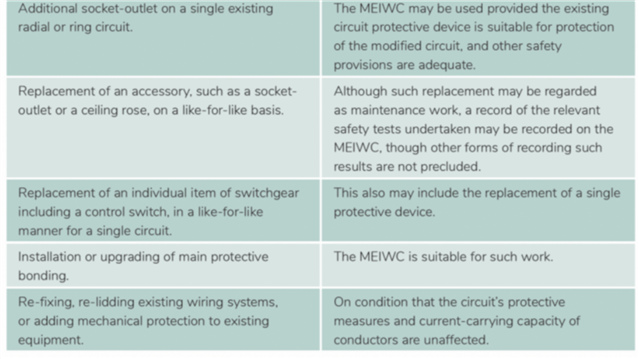Obligation to subject the installation to a battery of tests.
I was asked to look at an installation of a family friend, who wanted lighting pendants replaced with led tubes.
The property is occupied by a single old man.
Visual inspection revealed the board was bs3036, no sign of overloading, no thermal damage on the fuses.
It's a TT system. Bonding for gas and water present.
Did some tests earthing ze is 106 ohms, ze with parallel paths is 26 ohms and Ipfc is less than 1ka.
Main RCD device is installed upstream but exceeds the time stipulation. At 5x about 236ms.
Did not do an insulation resistance testing or zs of the circuits.
I'M in a quandary, the chap does not have the finances to upgrade the CU or have new wiring, it's at least 40 years old.
What should I do?
Do I install a new RCD switch as this will increase safety? If so, am I compelled to subject it to a battery of tests and issue a minor electrical works certificate?
Do I install the led lights, plastic structure class 2?
I am afraid, if it touches the installation, I may be compelled to do expensive work and no payment.
Do I walk away and not do anything?
